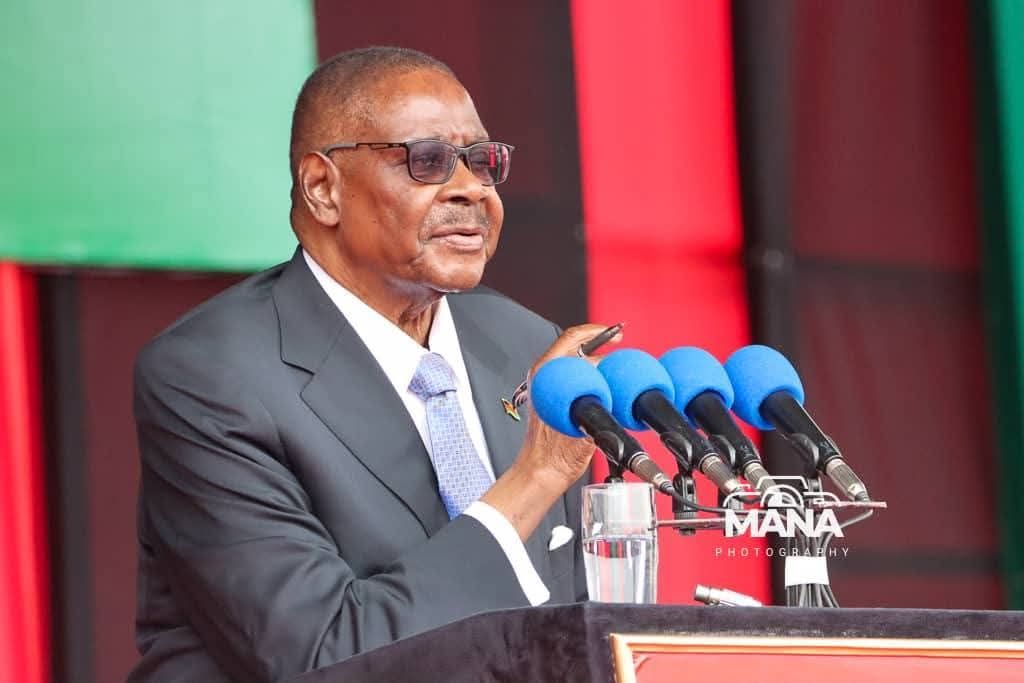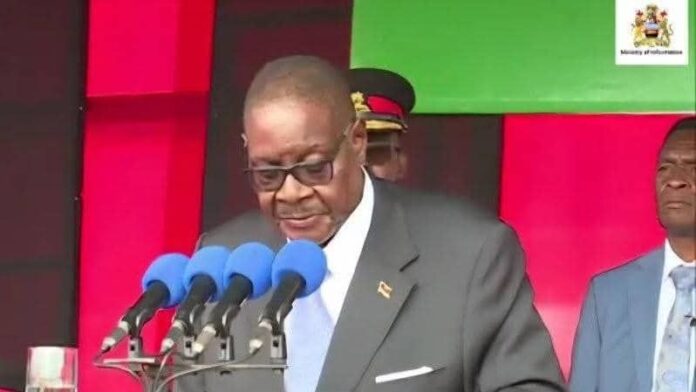By Burnett Munthali
Assessing a new cabinet is both an art and a science that demands careful observation from political, administrative, and social perspectives.
Every appointment made by President Peter Mutharika carries significance for the future of governance, national unity, and policy implementation.
A comprehensive analysis of his new team must therefore focus on competence, representation, integrity, and public expectation.
The first step in assessing any cabinet is analyzing individual competence.
Each minister’s experience, professional background, and education must be examined to determine whether they are adequately prepared to manage their portfolios effectively.

A review of their past track record — including achievements or failures in public office or private leadership — helps predict their future performance.
Skill sets such as administrative efficiency, problem-solving, and communication are essential indicators of a minister’s ability to deliver on government priorities.
The second critical element involves assessing representation and balance within the cabinet.
A government that reflects Malawi’s regional, ethnic, and gender diversity stands a better chance of promoting inclusion and national unity.
It is equally important that women occupy meaningful positions, ensuring that gender balance is not symbolic but functional.
Political balance also plays a major role in fostering cohesion, especially when a president must manage competing interests within alliances or factions.
Examining policy alignment is another vital component of cabinet assessment.
Ministers must be aligned with the president’s vision and the administration’s development agenda.
A shared ideology and consistent policy direction help ensure that government decisions remain coordinated and effective.
Those appointed should also demonstrate a readiness to implement reform rather than cling to outdated approaches that hinder progress.
Integrity and credibility remain the moral foundation of any administration.
A credible cabinet must be free from corruption allegations, ethical controversies, or conflicts of interest that could erode public trust.
Ministers who command respect from citizens, civil society, and the international community lend legitimacy and strength to the president’s leadership.
Team dynamics are equally significant in determining the cabinet’s success.
Cohesion among ministers promotes collaboration, while discord can weaken policy delivery and public confidence.
Leadership style also matters; ministers must be approachable, decisive, and cooperative with bureaucrats and other stakeholders.
In times of crisis, their ability to remain calm, strategic, and responsive will define the administration’s resilience.
Public expectations of Mutharika’s government are high.
Malawians are demanding tangible results, economic stability, job creation, and improved service delivery.
Citizens want leaders who can communicate effectively, explain policy decisions, and take responsibility for outcomes.
A cabinet that listens to public concerns and adjusts policies accordingly will strengthen democratic governance and accountability.
The first few months of the new administration will be crucial for assessing early performance indicators.
Policy announcements, budget priorities, and institutional reforms will reveal the government’s true intentions and capabilities.
Equally, how ministers handle public resources and interact with parliament, the private sector, and international partners will indicate their level of professionalism.
A comparative analysis between early expectations and actual performance after the first three to six months will help separate political promises from practical achievement.
This process of evaluation will distinguish between hype and genuine capacity to lead.
As Peter Mutharika settles into his role as president, his cabinet’s success will depend on its ability to balance competence, unity, and accountability.
Ultimately, Malawians will judge his leadership not by the promises made but by the results delivered in the months and years to come.



